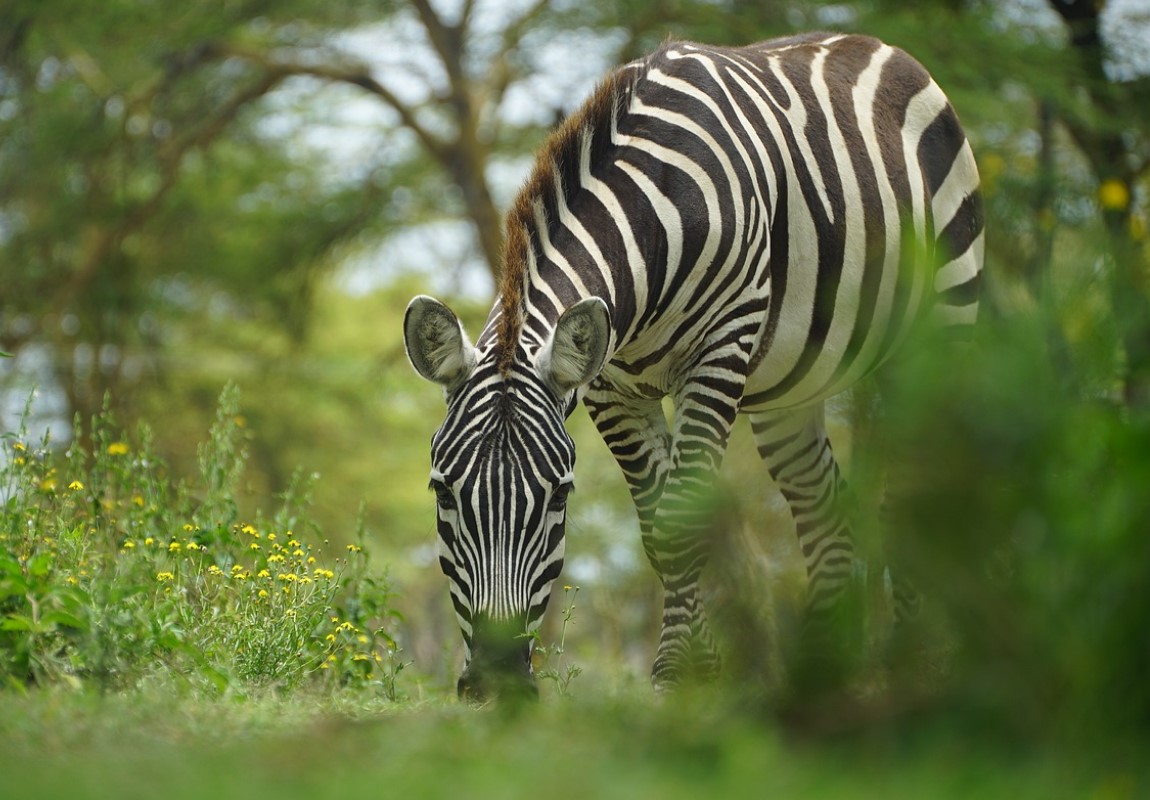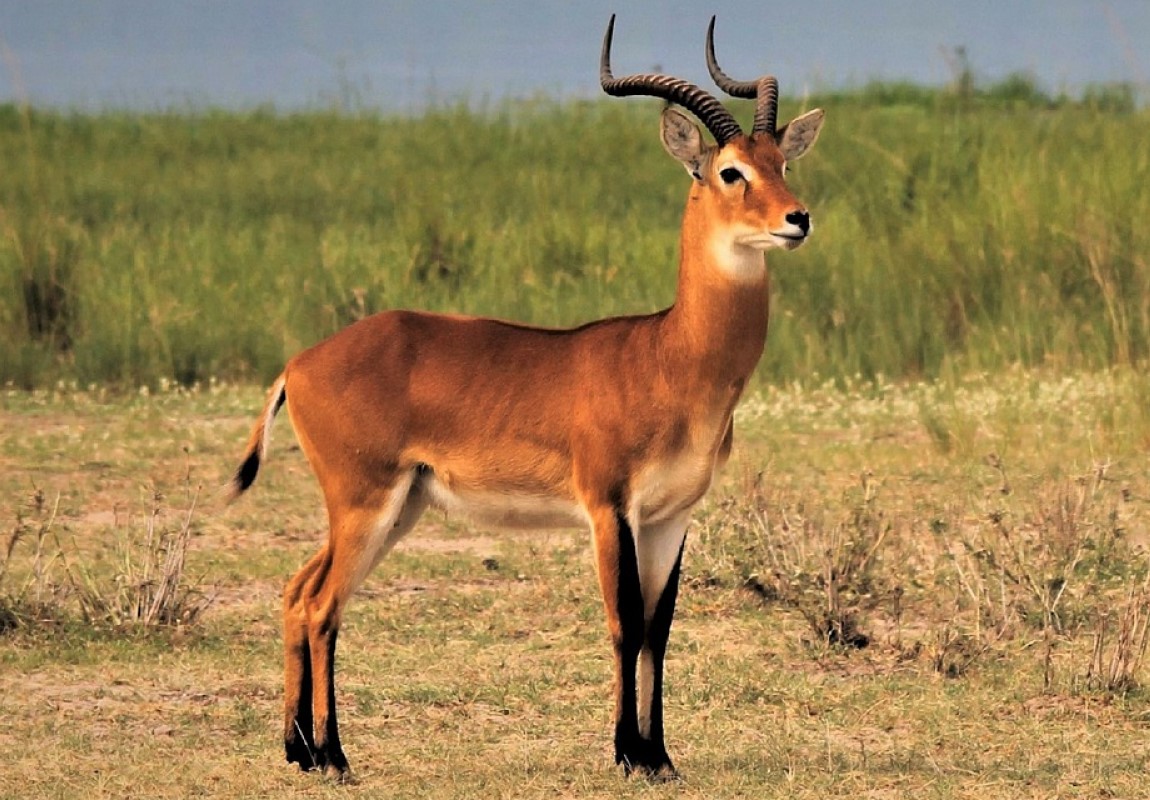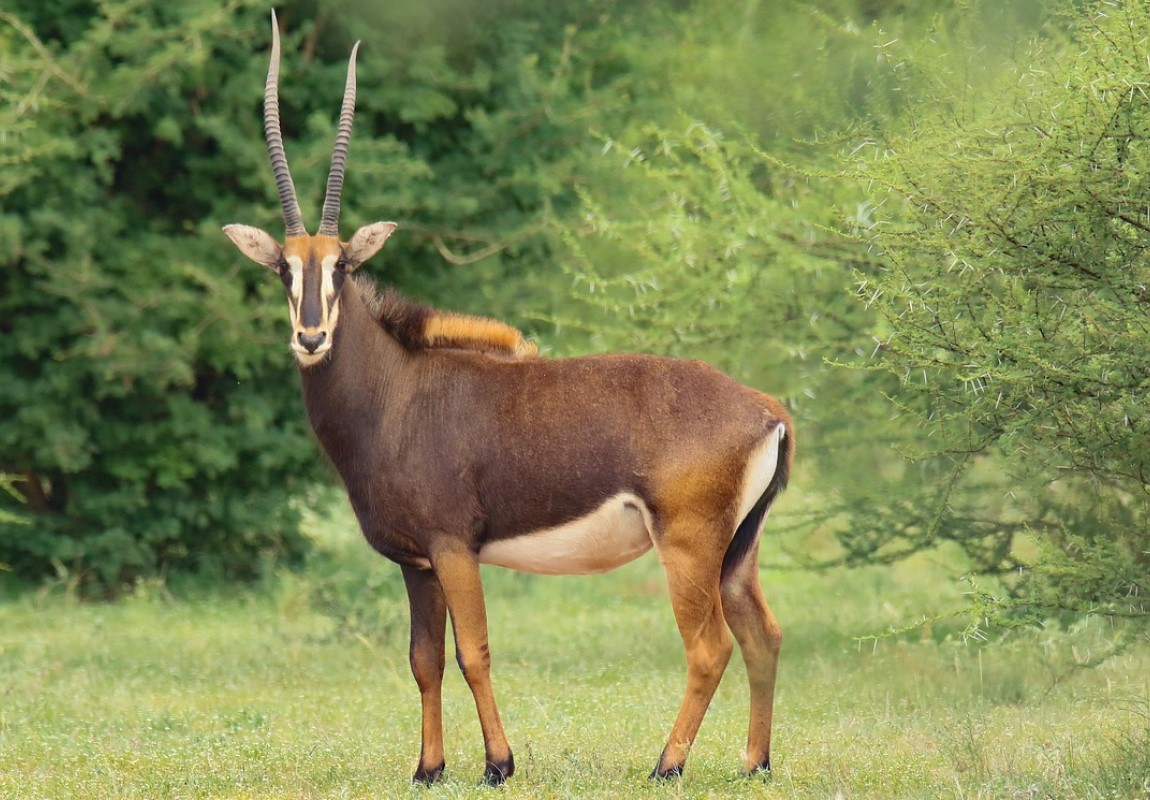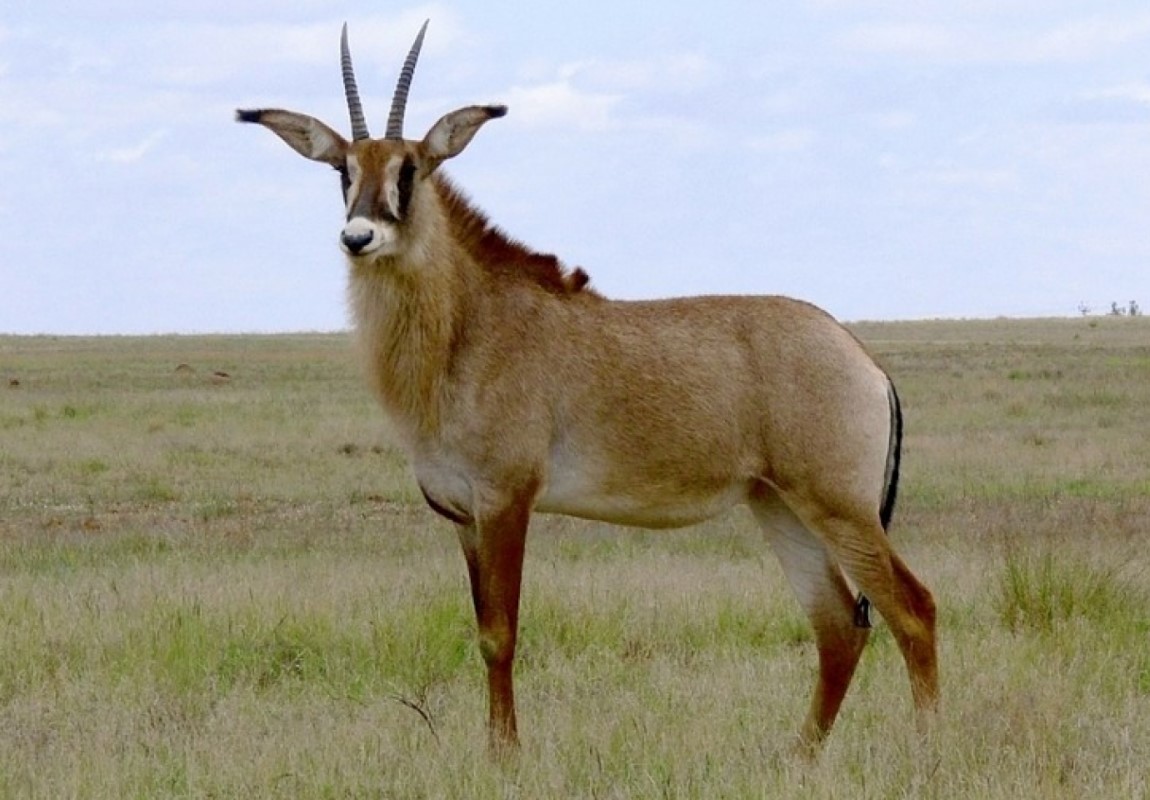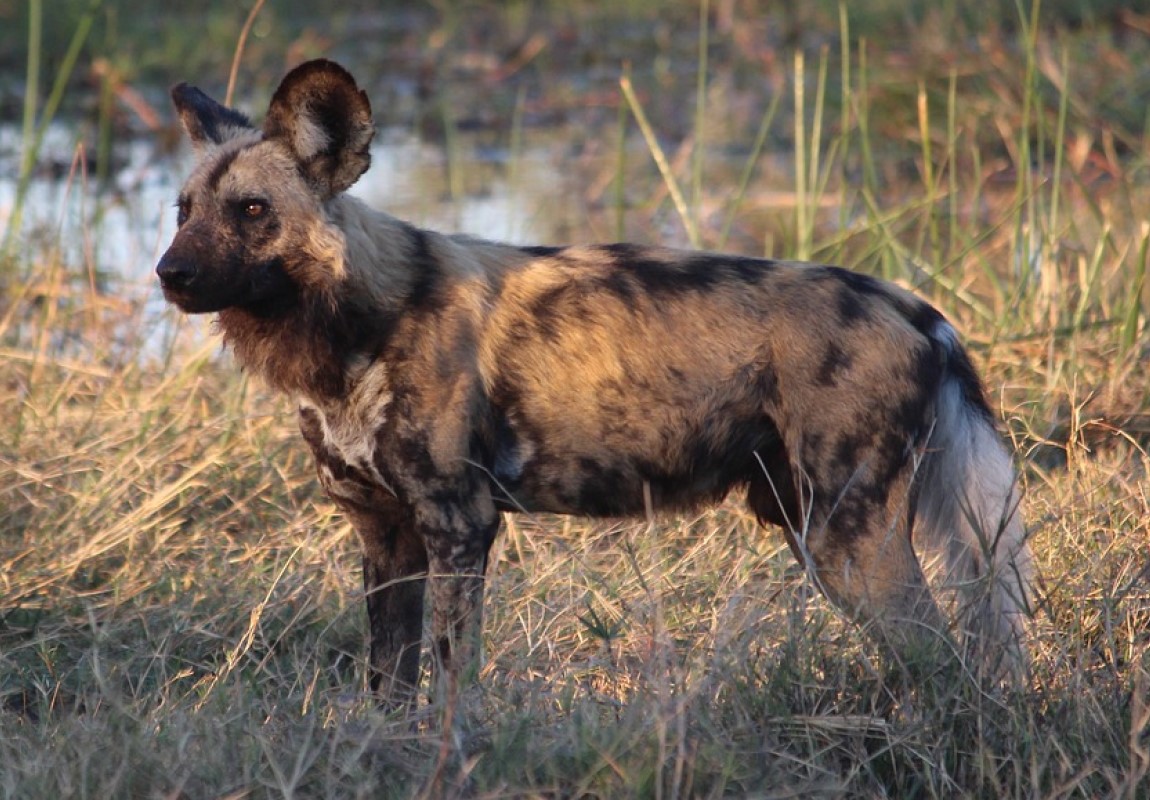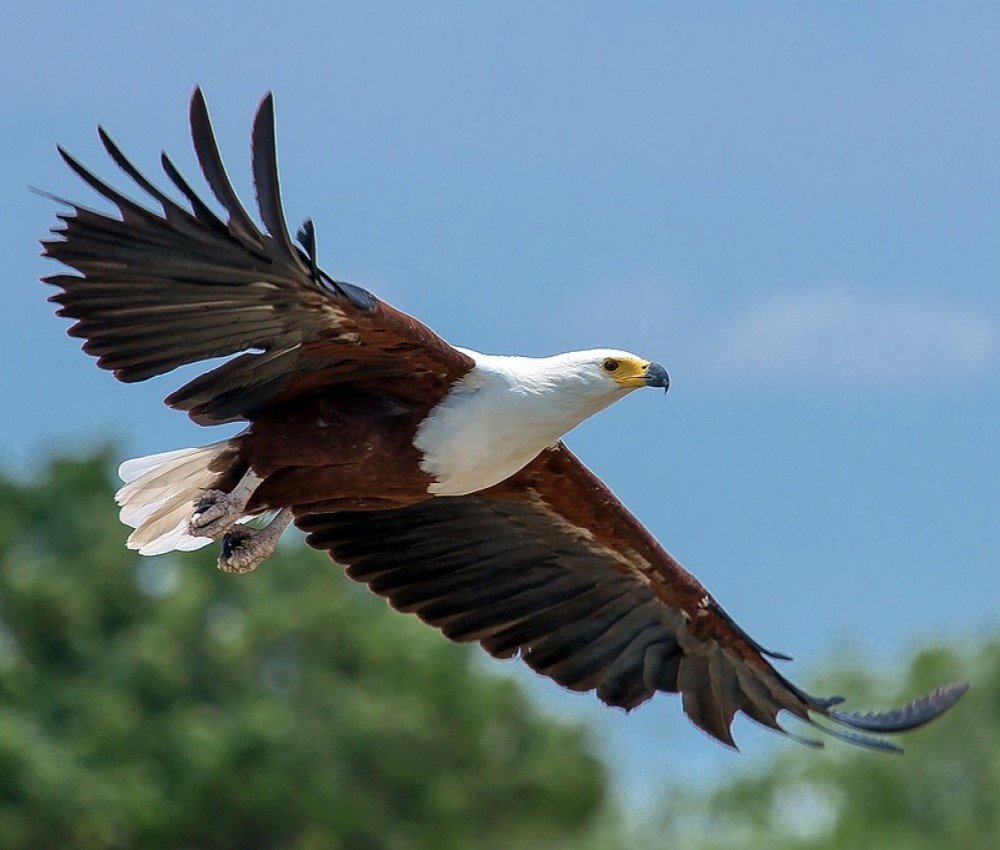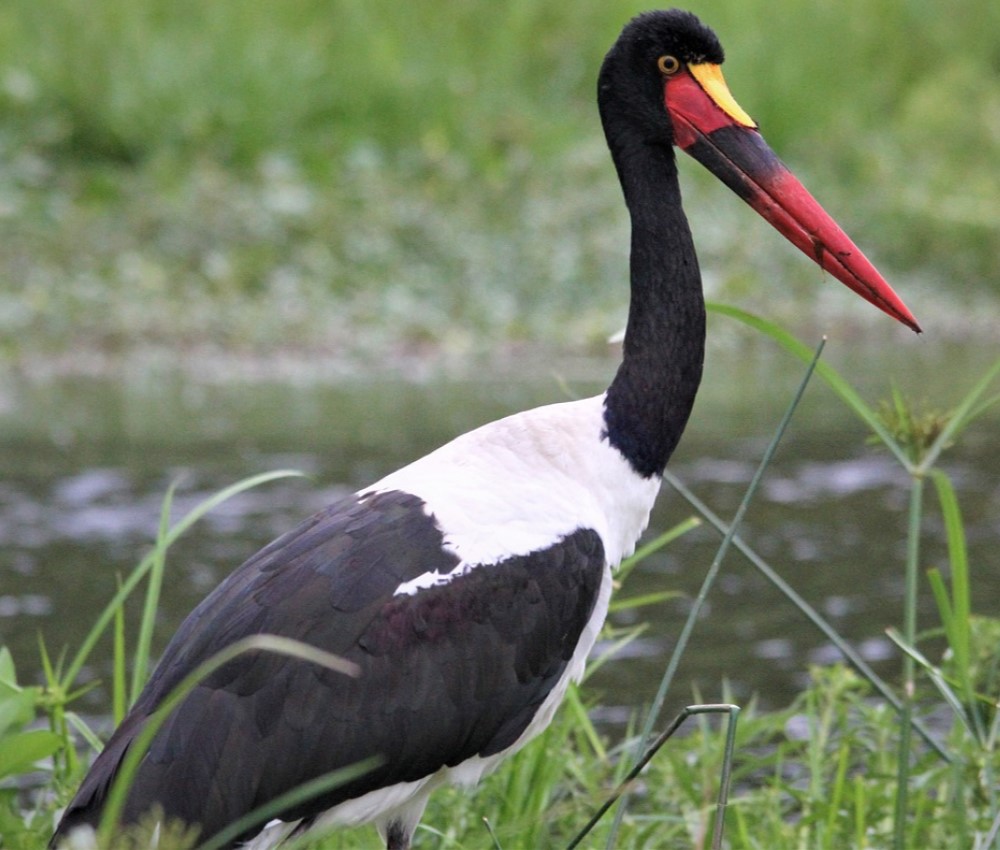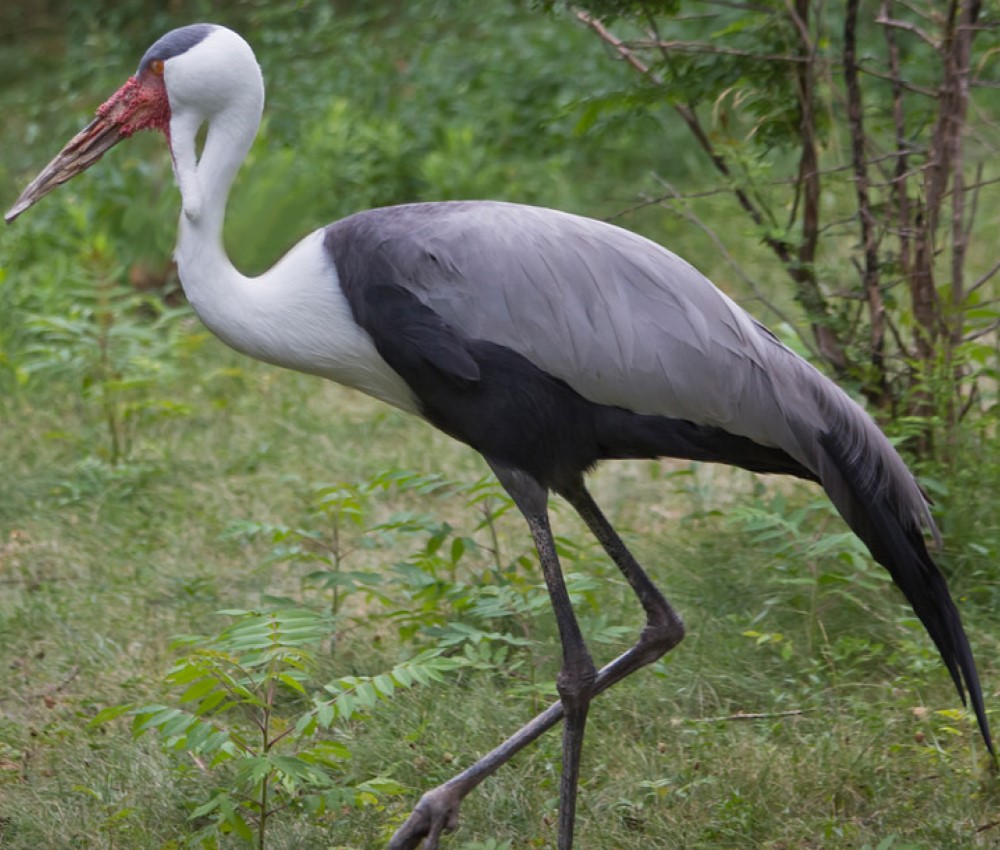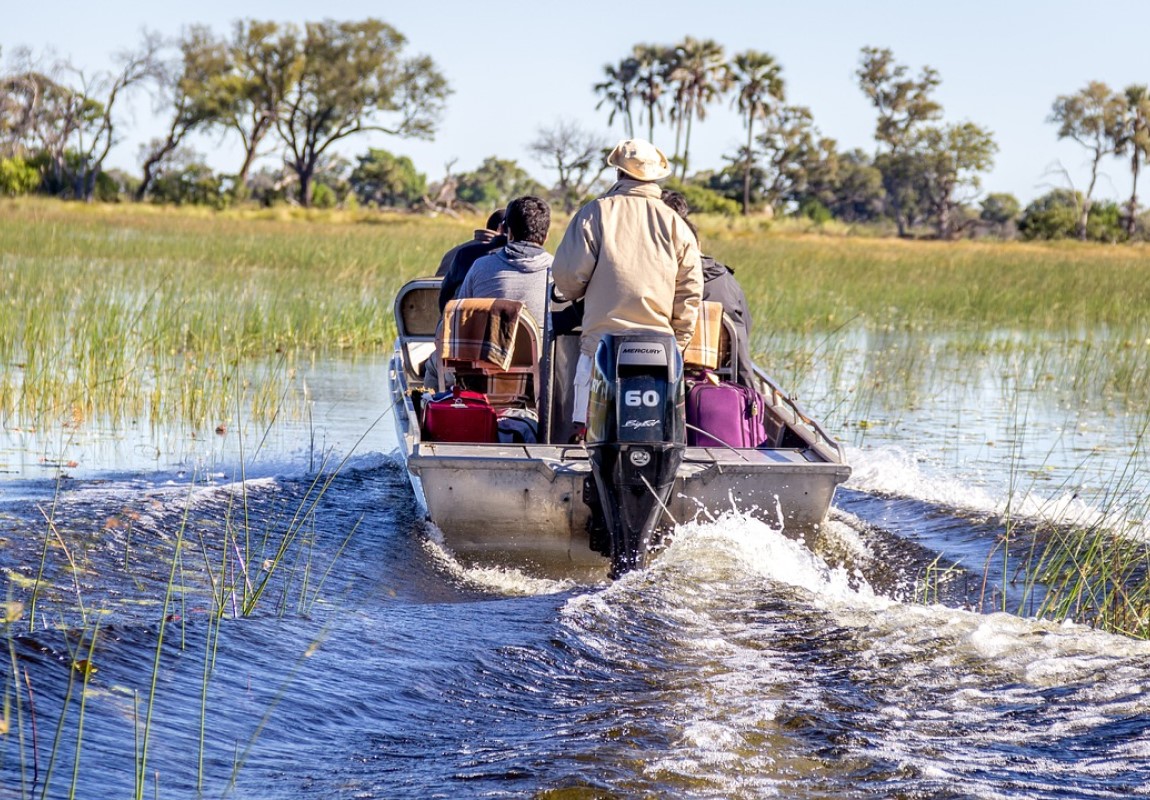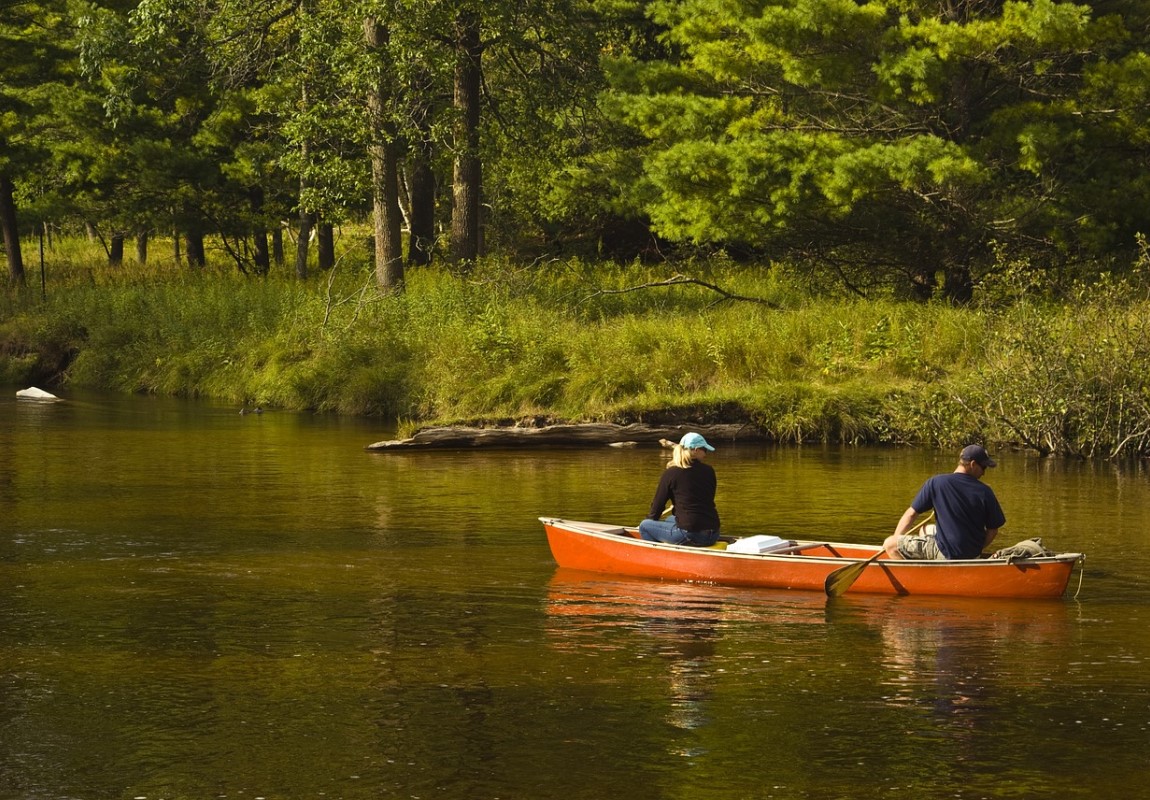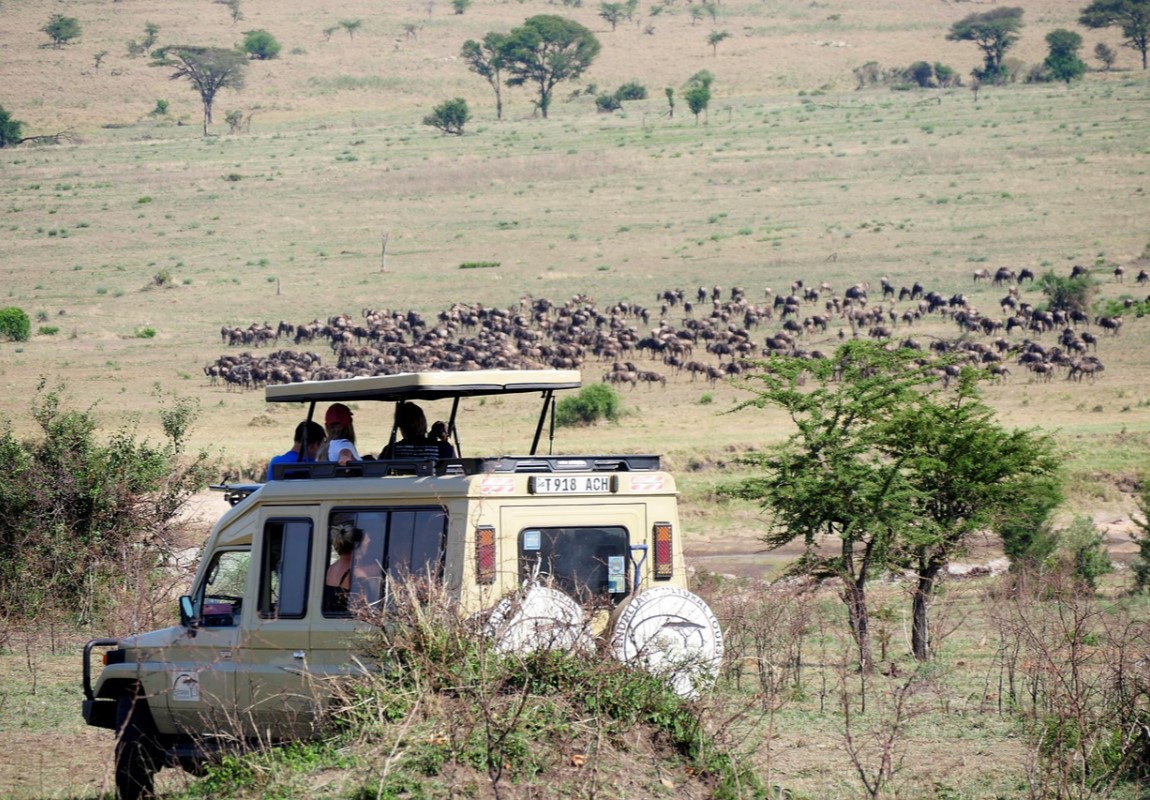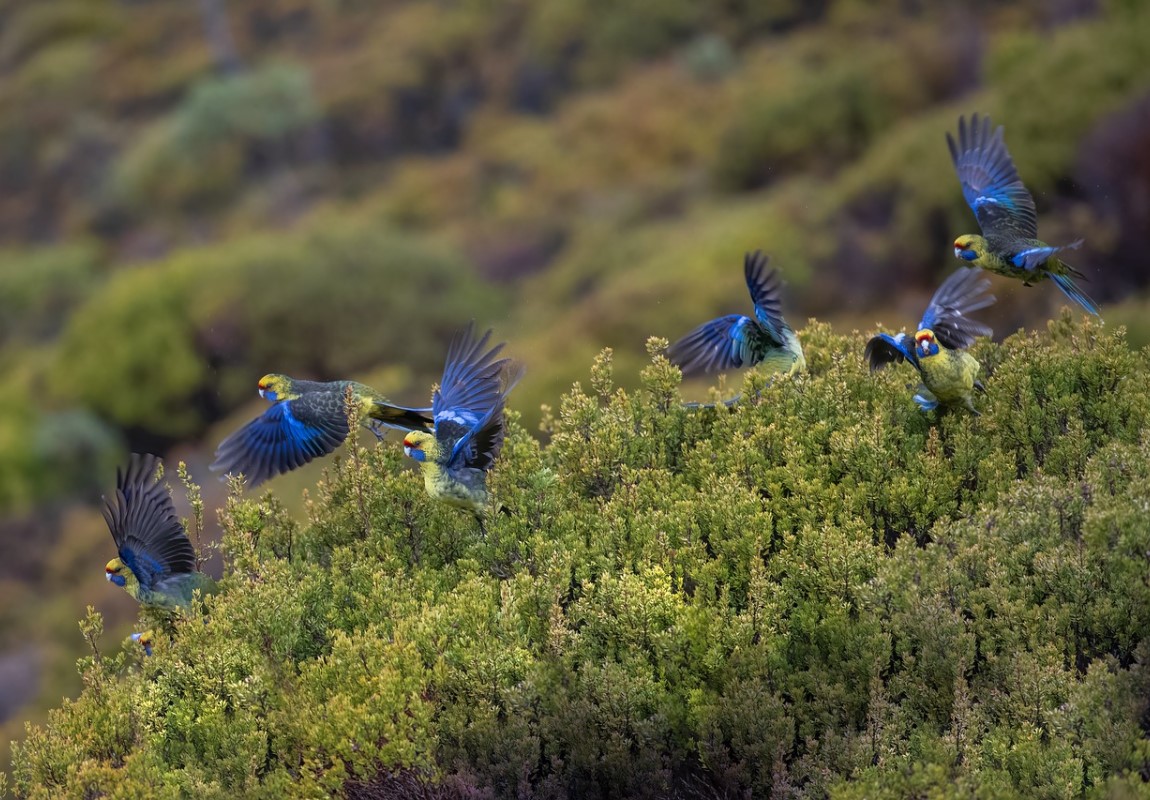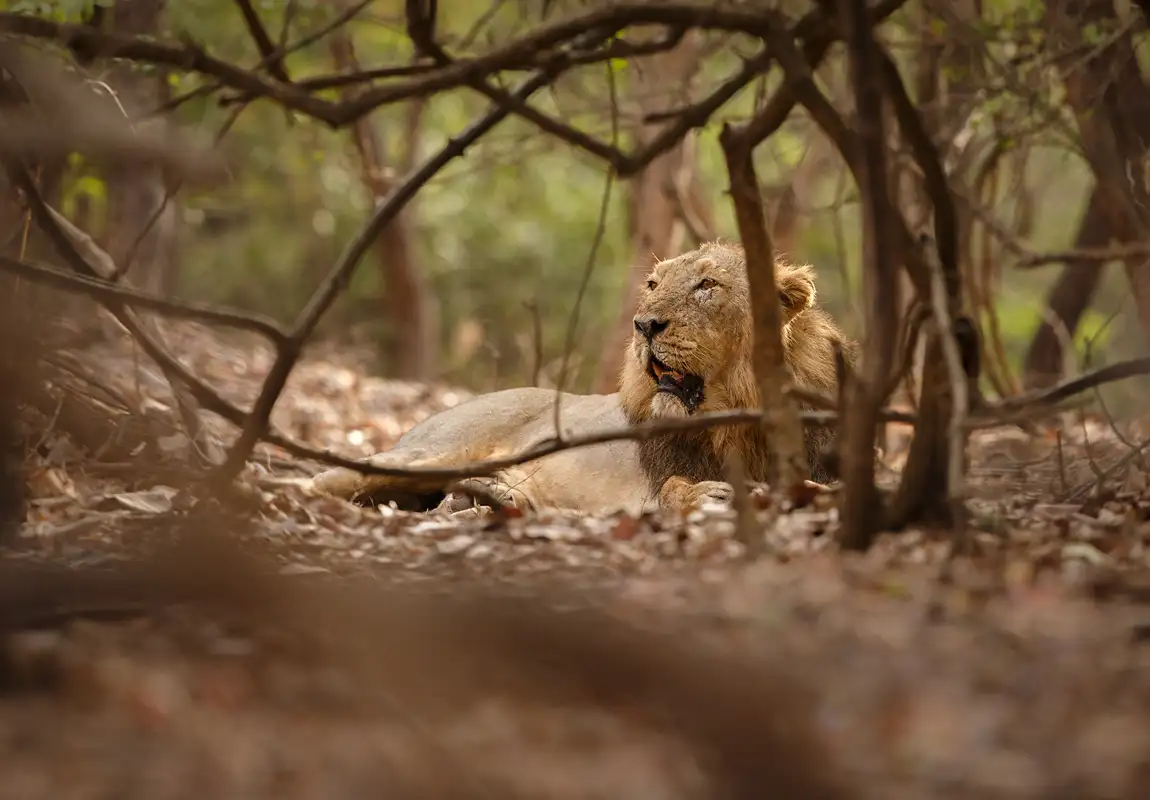Bwabwata National Park 
Bwabwata National Park - Namibia Wildlife Destination
Starting from
$500PP
Overview
Bwabwata National Park is a unique conservation area located in Namibia’s Zambezi Region, stretching along the Kwando and Okavango river systems. Unlike traditional fenced parks, Bwabwata is a multi-use landscape where wildlife conservation coexists with local communities, forming part of the Kavango–Zambezi Transfrontier Conservation Area (KAZA TFCA). The park encompasses a diverse range of habitats including riverine forests, floodplains, wetlands, savanna woodlands, and open grasslands. These varied ecosystems support large populations of elephants and buffalo, as well as an impressive diversity of birdlife. Bwabwata’s waterways shape seasonal wildlife movements and make the park especially attractive for river-based safaris, birding, and immersive nature experiences.
Pros & Cons
- Rich riverine ecosystems
- Excellent elephant and buffalo sightings
- Part of KAZA transfrontier conservation area
- Strong birding potential
- Low-impact safari experience
- Wildlife is widely dispersed
- Limited tourism infrastructure
- Dense vegetation can reduce visibility
- Shared-use landscape may surprise first-time visitors
Map in Namibia
Want to Visit Bwabwata National Park?
Want to Visit Bwabwata National Park?
Wildlife & Animals
Bwabwata National Park supports a high diversity of wildlife closely linked to its river systems and seasonal floodplains. Elephants dominate the landscape and are frequently encountered moving between feeding grounds and water sources, often in large herds. Buffalo are also abundant and form impressive concentrations during the dry season. Plains game such as zebra, impala, roan antelope, and sable antelope thrive in the park’s woodlands and grasslands. Predators including lions, leopards, spotted hyenas, and African wild dogs are present but can be elusive due to dense vegetation and extensive ranges. Bwabwata plays a critical role as a wildlife corridor, allowing animals to move freely between Namibia, Botswana, Angola, and Zambia.
Wildlife Highlights
Wildlife highlights include close encounters with free-ranging elephants along riverbanks, large buffalo herds grazing floodplains, and the opportunity to observe natural cross-border wildlife movements. Bwabwata is also notable for its conservation model, demonstrating how people and wildlife can coexist within a protected landscape. River-based sightings add a unique dimension to traditional safari experiences.
Best Time for Wildlife Viewing
The best time for wildlife viewing is during the dry season from July to October, when animals concentrate along the Kwando and Okavango rivers and remaining water sources. Vegetation is less dense, improving visibility, and wildlife activity increases near floodplains and river crossings, especially during early mornings and late afternoons.
Want to Visit Bwabwata National Park?
Birds
Bwabwata National Park is one of Namibia’s most important birding destinations due to its extensive wetlands, riverine forests, and floodplains. These habitats attract a wide range of resident and migratory bird species, including waterbirds, raptors, and woodland specialists. Storks, herons, kingfishers, bee-eaters, and fish eagles are commonly seen along rivers, while grasslands and woodlands host bustards, hornbills, and francolins. Seasonal flooding creates ideal breeding conditions and significantly boosts bird diversity.
Best Time for Birding
The best time for birdwatching is from November to March, when migratory species arrive and breeding activity peaks following the rainy season. During this period, wetlands are at their fullest, insect life is abundant, and bird behavior becomes more active and visible.
Want to Visit Bwabwata National Park?
Best Time to Visit – Bwabwata National Park
The best time for wildlife viewing is during the dry season from July to October, when animals concentrate along the Kwando and Okavango rivers and remaining water sources. Vegetation is less dense, improving visibility, and wildlife activity increases near floodplains and river crossings, especially during early mornings and late afternoons.
June to October (Dry Season)
- High wildlife concentrations along rivers
- Comfortable temperatures
- Easier access and driving conditions
- Reduced bird diversity
- Dusty conditions
- Higher visitor numbers
November to March (Wet Season)
- Excellent birdwatching
- Lush landscapes
- Fewer tourists
- Dispersed wildlife
- Challenging road conditions
- High humidity
Want to Visit Bwabwata National Park?
Activities
Explore popular activities available in and around Bwabwata National Park.
Want to Visit Bwabwata National Park?
No FAQs available for this park yet.

 English
English French
French





